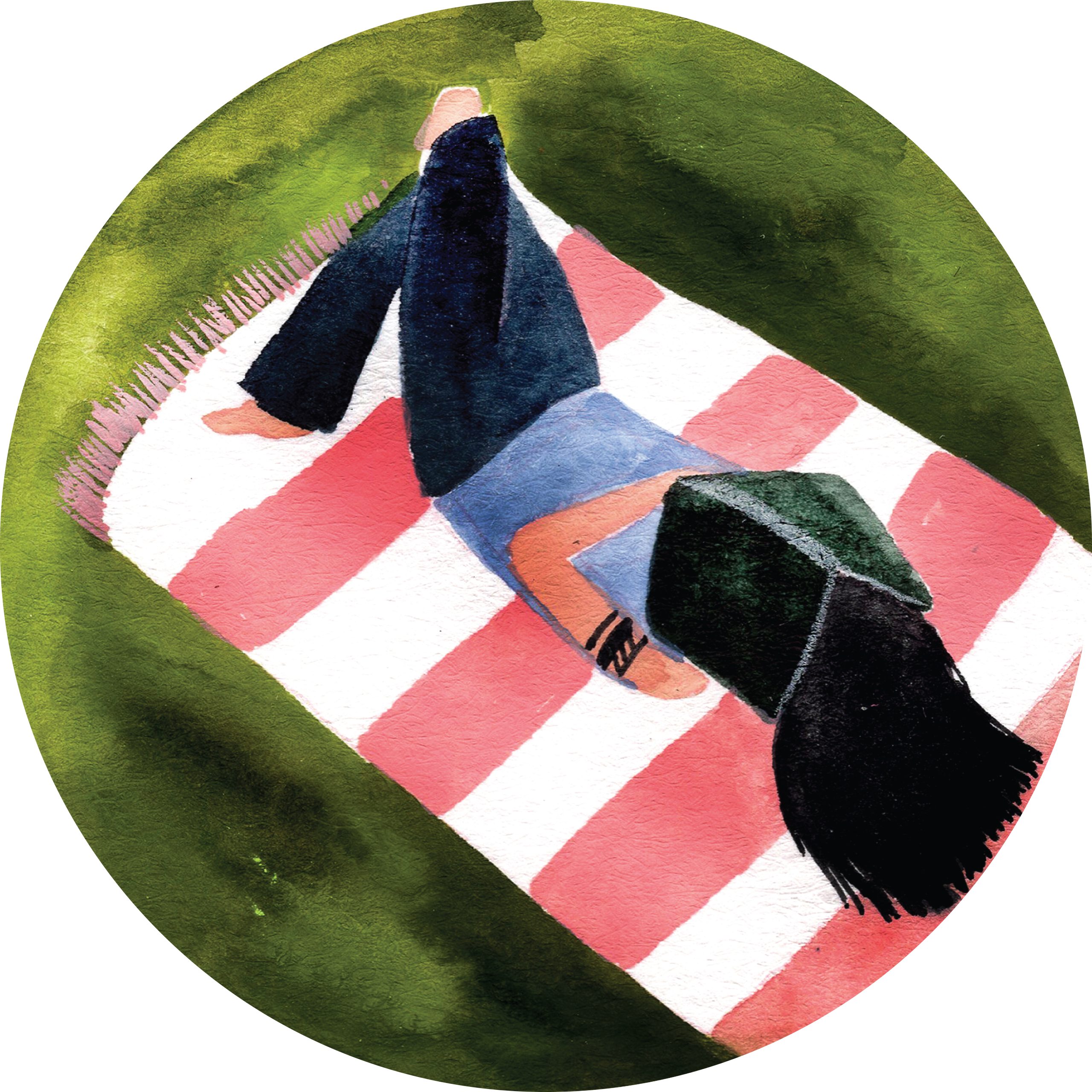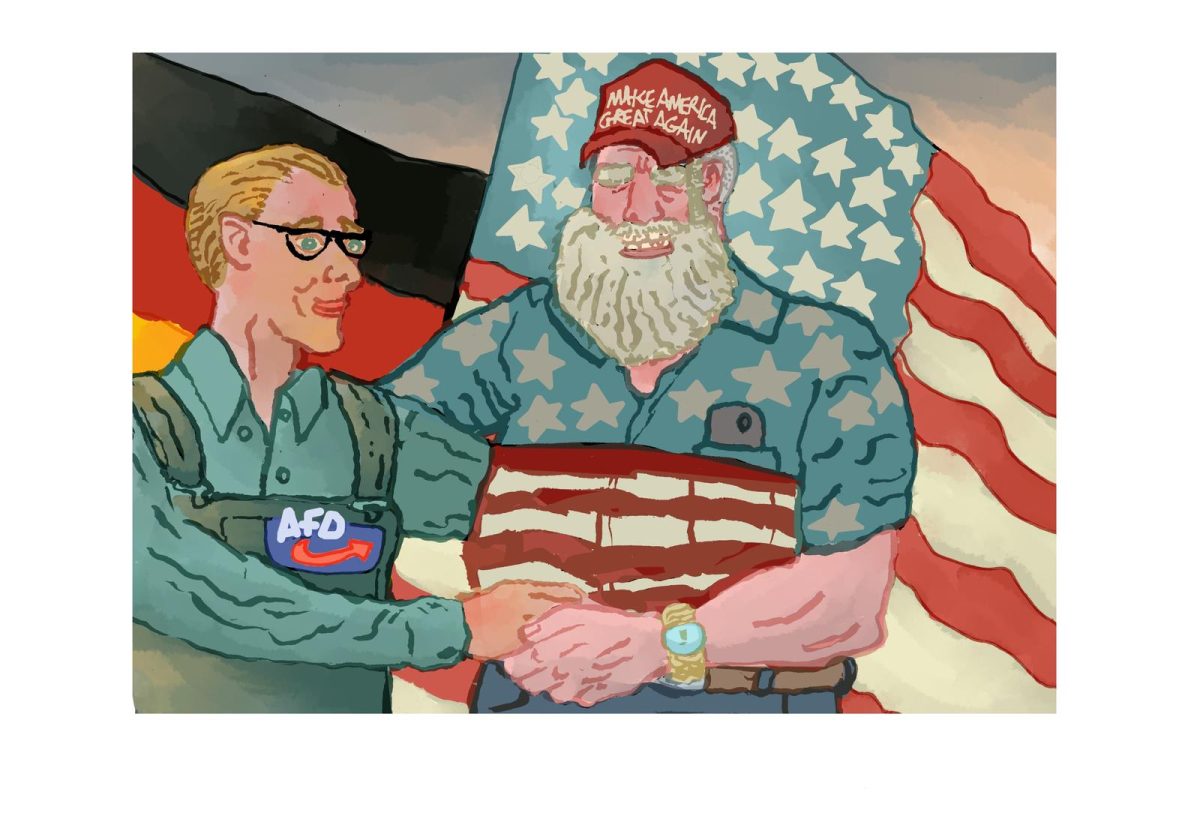I sat in the hospital room, frozen. The patient I was assigned to watch died from old age, 15 minutes into my night shift. I panic, and as I’m about to call for a code blue, I remember to check the patient’s file. The patient is classified as a “DNR” or “do not resuscitate.”
My tears start to bead, but the nurse comes in and tells me to work quickly — we have to clean up the body and the hospital bed before the rigor mortis sets in.
I’m given about five minutes before I’m told to move on to the next patient.
This experience is not uncommon to the thousands of medical workers who are expected to endure difficult situations because it’s “part of the job.”
Filipinos, like myself, had served on the frontlines of the COVID-19 pandemic. In the emergency room unit where I used to work, we were initially told not to use face masks in the hallways because supplies ran short in March 2020.
It took an inevitable toll on me, both physically and emotionally.
It had been the height of the pandemic and I was afraid. The coronavirus was an illness that no one knew anything about and there I was, working in the ER, only two months after I was hired.
According to an article on Time, approximately 24% of nurses who died from COVID-19 complications were Filipino. I could have been one of the statistics.
The article also mentions how time and time again, America’s healthcare has relied on the Filipino workforce. The recent pandemic is not the first time our community has done so.
This field is how we ensure our financial stability and the stability of our families back home for generations.
What isn’t usually talked about are the underlying effects on the psyches of these workers, and even more so, how it affects the younger Filipino American community who are pressured to take on these careers.
When I graduated high school in 2015, I wasn’t quite sure what I wanted to do with my life. The only thing I did know was that I enjoyed reading and writing. It was always very clear to me that English was my forte.
My mom pushed me to study nursing, as most Filipino parents do, and urged me to attend Mount Saint Mary’s University in Westwood because her coworkers’ daughters went there too.
“You’ll thank me later,” she said.
To please my parents, I applied there and to CSUN.
I was accepted to both, but my mother had hidden my acceptance letter to CSUN, which I only found out about after I had attended MSMU for about two years. This caused a strain in our relationship and I felt utterly betrayed.
For two years, I worked as a nurse’s assistant at UCLA Health to satisfy my parents’ expectations of me. I did it to make them proud.
But for a long time, I also held anger and resentment toward my mother.
One day, I broke down into tears; it was a full blown meltdown. I’d decided that I was unhappy with my life and left nursing school to pursue journalism.
I started taking classes at Los Angeles Pierce College and eventually began writing for their student-run publication, The Roundup.
That was the first time I had ever made a decision for myself. And while I should have felt ecstatic, I felt an overwhelming amount of shame for doing something so selfish.
According to an article in the Los Angeles Times, there is a concept in Tagalog called “utang na loob,” which means what is owed or what needs to be repaid. It is the idea that because our families immigrated here for better opportunities, we are forever indebted to them.
Along with this idea, a strong sense of guilt follows if we are unable to fulfill these expectations.
This concept is deeply rooted in Filipino culture and values, and is often why Filipino Americans either feel the need to pursue a medical career or end up having high tensions with their family members.
Psychology professor at the City University of New York Kevin Nadal said in the article that the idea of “utang,” in addition to a few other core values, might be the reason Filipino Americans, like myself, have trouble dealing with our mental health.
Growing up, it was difficult for me to hold conversations with my parents about my mental health issues, which are often stigmatized by the older Filipino community.
According to a presentation compiled by Nadal, cultural stigma might also be the main reason why mental health services are underutilized by Filipino Americans.
Just last year, I was diagnosed with Bipolar II Disorder and Generalized Anxiety Disorder. The doctor said that in most cases, it might have been genetic.
My previous experiences with my grandmother, who had told me on multiple occasions that the world would be better off without her (while I always disagreed), had led me to believe that she had an extreme case of untreated Bipolar I Disorder.
Since her passing in 2021 due to COVID-19 complications, I’ve thought about her a lot. I grew up as an only child, so I kept to myself and bottled up my emotions. My father had a similar upbringing.
It resulted in years of unaddressed anger and feelings of isolation and sadness.
My diagnosis felt like a wake-up call. I wanted to know how to regulate my emotions better, for myself and for the people around me.
While it is still difficult to tackle these sorts of conversations, I am slowly learning how to navigate, cope and treat my disorders through therapy. I’m slowly breaking the generational cycle of guilt and shame for making decisions for myself.
And as I get older, I’m learning how to better communicate with my mother, to heal our relationship and to heal the younger version of myself who felt like she could never be enough.







